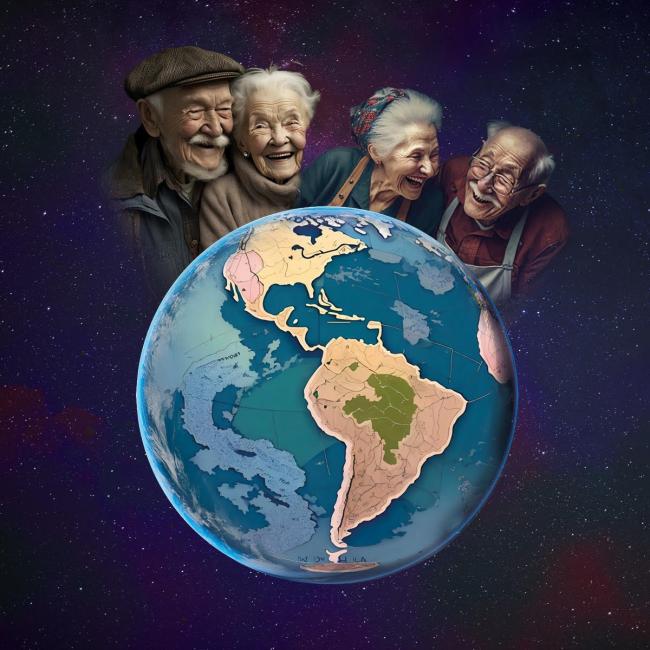Navigating the multiple dimensions of the creativity-mental disorder link: a Convergence Mental Health perspective
Discov Ment Health. 2023 Nov 16;3(1):24. doi: 10.1007/s44192-023-00051-4.
ABSTRACT
BACKGROUND: This paper discusses a paradox in mental health. It manifests as a relationship between adverse "bad" effects (suffering, clinical costs, loss of productivity) in individuals and populations and advantageous "good" aspects of mental disorders. These beneficial aspects (scientific, artistic and political accomplishments) emanate at the societal level through the frequently unprecedented creativity of people suffering from mental disorders and their relatives. Such gains can contribute to societal innovation and problem-solving. Especially in times of accelerated social-ecological change, approaches are needed that facilitate best-possible mental health care but also recognize creative ideas conducive to beneficial clinical and social-ecological innovations as soon as possible.
DISCUSSION: This paper emphasizes the need to account for creativity as a crucial component in evolving mental health systems and societies. It highlights the need for wide-ranging approaches and discusses how research targeting multiple facets (e.g., brain level, cognitive neuroscience, psychiatry, neurology, socio-cultural, economic and other factors) might further our understanding of the creativity-mental disorder link and its importance for innovating mental health systems and societies.
CONCLUSION: Our discussion clarifies that considerable research will be needed to obtain a better understanding of how creativity associated with mental disorders may help to create more sustainable societies on a fast-changing planet through innovative ideas. Given the current-state-of-the-art of research and healthcare management, our discussion is currently speculative. However, it provides a basis for how pros and cons might be studied in the future through transdisciplinary research and collaborations across sectors of society.
PMID:37971612 | PMC:PMC10654284 | DOI:10.1007/s44192-023-00051-4
Authors

Erin Smith
Creative technologist



